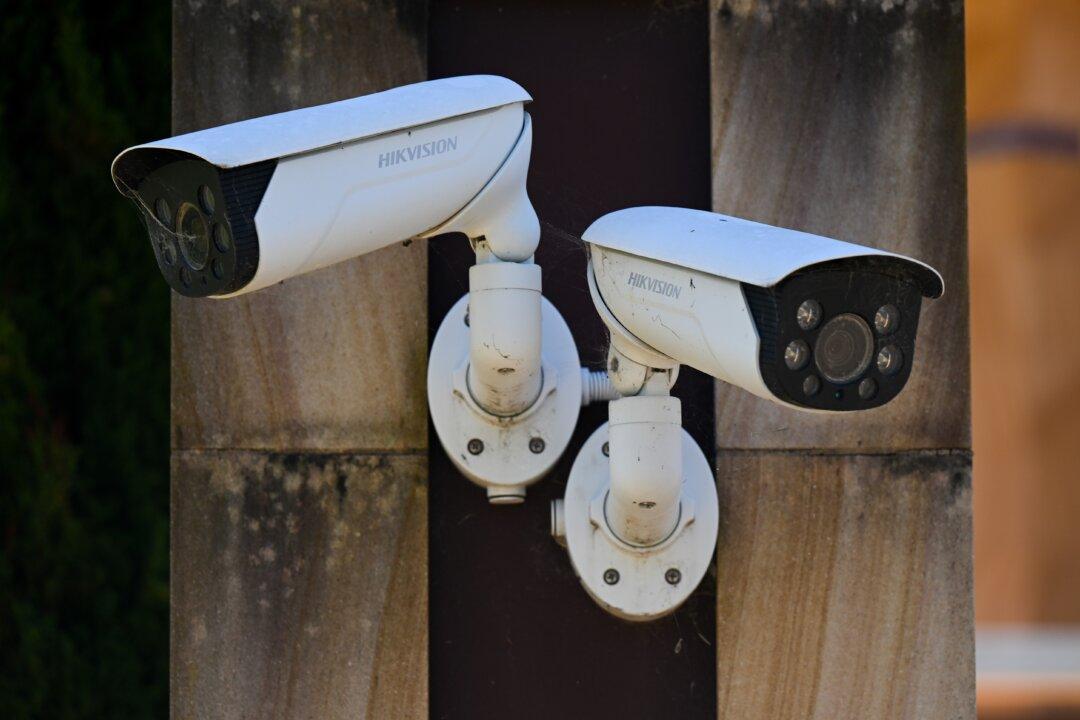New Zealand is “unlikely” to conduct an audit of government buildings with Chinese security cameras despite security concerns raised by other nations, New Zealand’s defense minister said on April 4.
“We have protective security requirements—departments know that. It'll be for them to ascertain whether they think there is any undue risk,” he added.
The cameras were manufactured by Chinese companies Hangzhou Hikvision Digital Technology and Zhejiang Dahua Technology, both of which have been linked to the Chinese Communist Party (CCP).
The Department of Conservation said they have 60 Hikvision cameras installed, while Oranga Tamariki and the Ministry of Social Development claimed to have “some” Hikvision cameras.
Australia Orders Removal of Chinese Cameras
Both Hikvision and Dahua have been accused of being involved in the CCP’s human rights atrocities against Uyghurs in China’s western region of Xinjiang and have been banned by the United Kingdom and the United States in November 2022.It’s revealed that the Chinese-made cameras and security equipment were found in almost every department except Prime Minister and Cabinet and the Agriculture Department.
The Attorney-General’s Department had 195 Chinese-made devices across 29 sites; the Department of Climate Change and Energy had 154; Treasury had 115; Finance had 122; and the Department of Social Services had 134.
The Defense Department was uncertain about the total number of Chinese cameras but said there was at least one.
“This presents a unique national security risk to Australia. With Hikvision and Dahua devices fitted across the Australian government, including at the heart of our national intelligence community, the companies and their employees may be forced to provide the Chinese government with their 24-hour access to valuable surveillance data,” Paterson said on Feb. 9.
“There has been a number of vulnerabilities identified in these products in the past where remote users could gain full control of them, switch on the cameras or switch on the audio, for example,” he told Sky News.





